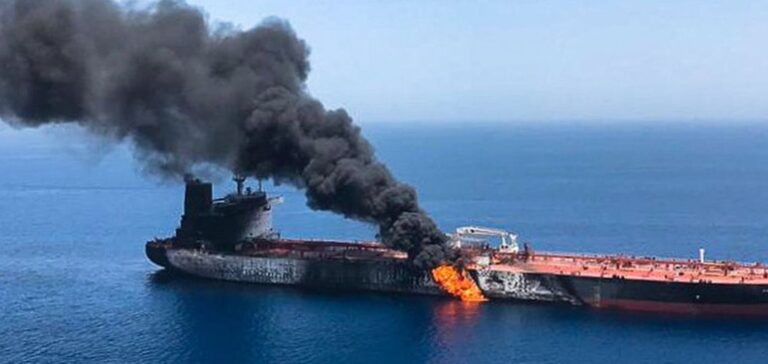A Panamanian-flagged oil tanker was hit by a missile around 10 nautical miles southwest of Mokha, Yemen. The attack, reported by British maritime safety company Ambrey, caused a fire in the ship’s steering compartment. Fortunately, one of the flight controls remained functional and the crew was able to get help quickly.
Reactions and safety measures
The British Maritime Safety Agency UKMTO also confirmed the attack, mentioning that the ship had suffered minor damage but that the crew was unharmed. The incident took place 98 nautical miles south of Hodeidah, correcting an initial estimate of 76 nautical miles northwest of the city. The attack has not yet been claimed, but the Houthi rebels, who control Hodeidah, are strongly suspected.
Geopolitical and security context
Since November, the Houthis have carried out numerous drone and missile strikes against ships in the Red Sea and Gulf of Aden, as well as against strategic energy installations. These actions are seriously disrupting world maritime trade in this strategic zone. Allies of Iran, the Houthis justify their attacks in solidarity with the Palestinians in Gaza, following the escalation of the conflict with Israel that began on October 7.
International response
In response to the continuing attacks, Israel’s allies the United States formed a multinational force in December to secure shipping in the Red Sea. In addition, in January, the United States and the United Kingdom launched strikes against Houthi positions in Yemen to protect ships sailing in these waters.
The recent incident off the coast of Yemen illustrates the continuing risks to maritime trade in the region. The situation remains tense, and international cooperation is crucial to ensure the safety of shipping routes.






















